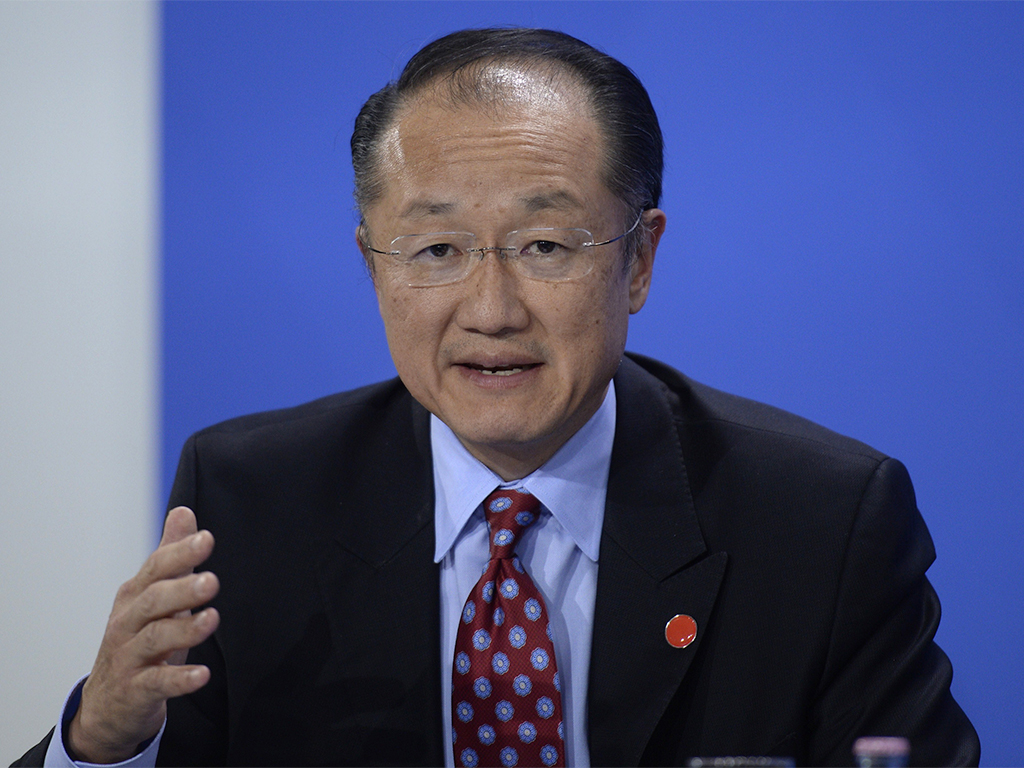World Bank study recommends climate-smart policies
A new report co-authored by the World Bank Group and Climate Works Foundation weighs up the benefits that could come by way of introducing climate-smart policies

World Bank President Jim Yong Kim told reporters that climate-smart policies recommended in a report co-authored by the group and Climate Works Foundation "make economic sense"
The 88-page report concludes that prudent climate policies could boost global GDP by as much as $2.6trn per year, or 2.2 percent, by 2030, if governments around the world take pains to improve energy efficiency, public transport and waste management. “These policies make economic sense,” said the World Bank President Jim Yong Kim in a conference call with reporters.
The reduction could protect against an estimated 2.4m premature deaths and 32m tonnes of damaged crops a year
The report looks at the positive effects that climate-smart policies could bring, by using Brazil, China, Mexico, the US and the EU as case studies. The report features a range of unique recommendations for each region, but at no point suggests imposing a price on carbon emissions as a solution, as many have done in the past.
The report also shows that reducing black carbon emissions from diesel vehicles and cooking fires, as well as methane from mining operations and landfills, could protect against lost crops and illnesses. The reduction could protect against an estimated 2.4m premature deaths and 32m tonnes of damaged crops a year.
The recommended policies, if instated, could protect against 8.5 gigatonnes of CO2, equivalent to 16bn kWh, or taking two billion cars off the road. The policies combined represent 30 percent of the total emissions reductions required before 2030 in order to keep global warming to two degrees Celsius.
If Indian policymakers were to build 1,000km of new bus rapid transit lanes across twenty major cities, the benefits over the next 20 years would include 128,000 long-term jobs, 27,000 saved lives, reduced air pollution, fewer road accidents and improved agriculture. “We believe it is possible to reduce emissions and deliver jobs and economic opportunity,” writes Kim in the report.













